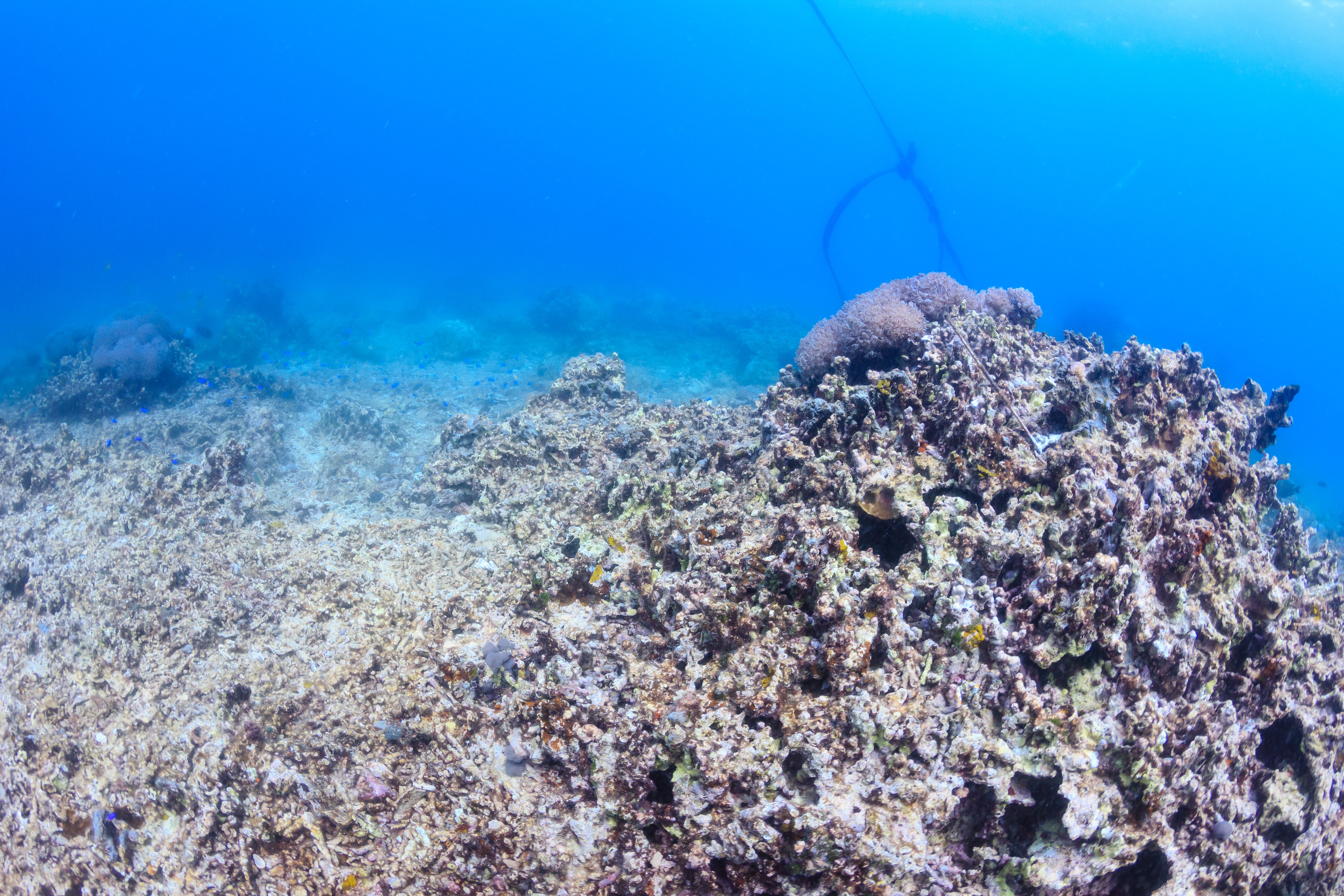Sickening of the Seas: UCF Team Discovers Destructive Sea Regime

Research conducted by UCF political science master’s graduate Rafaella Lobo, ’15, and political science Professor, Peter Jacques, Ph.D., exposed an invisible regime that governs the seas they labeled the ‘World Ocean Regime.’
Lobo and Jacques collaborated on the research that uncovers silent rules that allow environmental harm to be inflicted internationally. These rules are silent because they are not codified in any treaty, but simply acted upon based on de facto expectations for economic gain.
Jacques explained societies around the world and global marine ecology depend on effective marine policies to ensure conservation and avoid over-use. One of these international guidelines is the Law of the Sea, put in place by sovereign states to guide behavior of everyone who uses the oceans.
“The guidelines for these agreements are like blueprints for a house that prescribe or proscribe specific things,” said Jacques. “In this case the major written guideline, the Law of the Sea, states that countries should prioritize conservation.”
Unfortunately, the unwritten guidelines that seem to actually guide state and industry behavior are evidently more influential than the Law of the sea because conservation, among other values, are such low priorities in practice. Lobo and Jacques arrived at this conclusion by studying key marine politics’ documents that are published every two years by the Food and Agriculture Organization of the United Nations (UNFAO) Fisheries Department.
By searching over 600 keywords spanning 20 years, Lobo and Jacques determined what values and issues were discussed the most throughout the documents. Using keywords such as ‘data’ (science concerns), ‘justice’, ‘tuna’ and ‘climate change’ revealed unfortunate information for the environment. Overfishing, ecological life support, moral or aesthetic values, social equity and science were scarce concerns.
“Economic concerns, like production and growth were by far, almost obsessively, the focus of these documents which reveal how key marine actors are actually thinking and behaving,” Jacques explained. “Placing economic values above all else in a way that erases other concerns like ecological integrity or the treatment of small scale village fishing access is a patent violation of the norms necessary for the sustainability of the human prospect.”
Jacques said that if this invisible regime continues, the threats to the World Ocean – a critical life support system – will accelerate, and many people around the world will be worse off.
“Ultimately, the health of the World Ocean is a centerpiece of human sustainability now and into the future, and this invisible regime guides actors to undermine the ocean’s integrity,” he explained.
“Our research shows that the current ocean governance is mining the ocean like a simple treasure chest with little value for restraint. This leads to our oceans being just a shadow of the complex, self-organizing, dynamic system they were even just a hundred years ago, let alone what they were like 200 years ago.”
